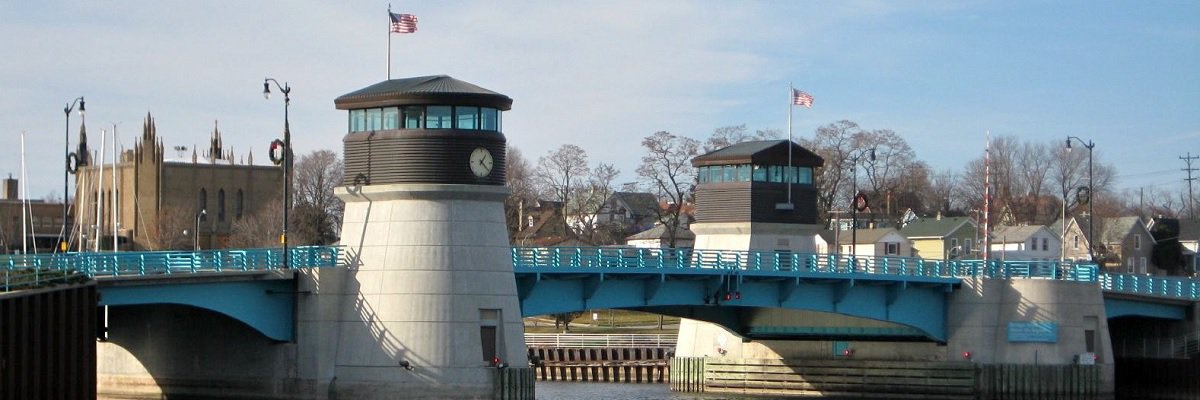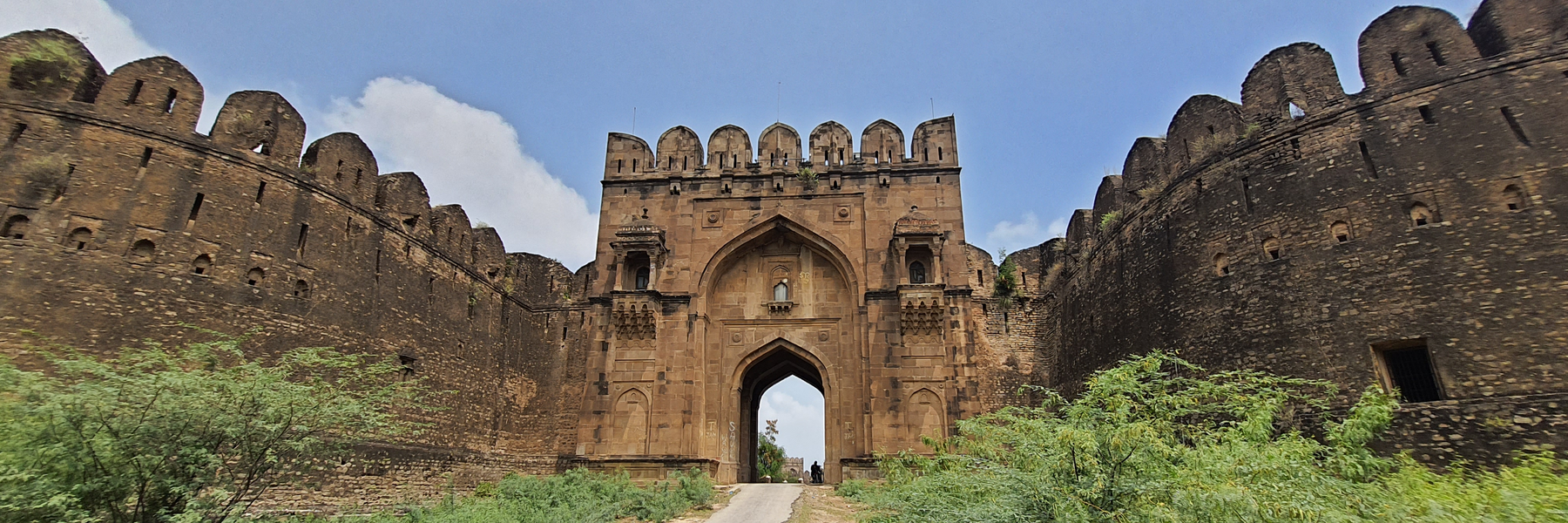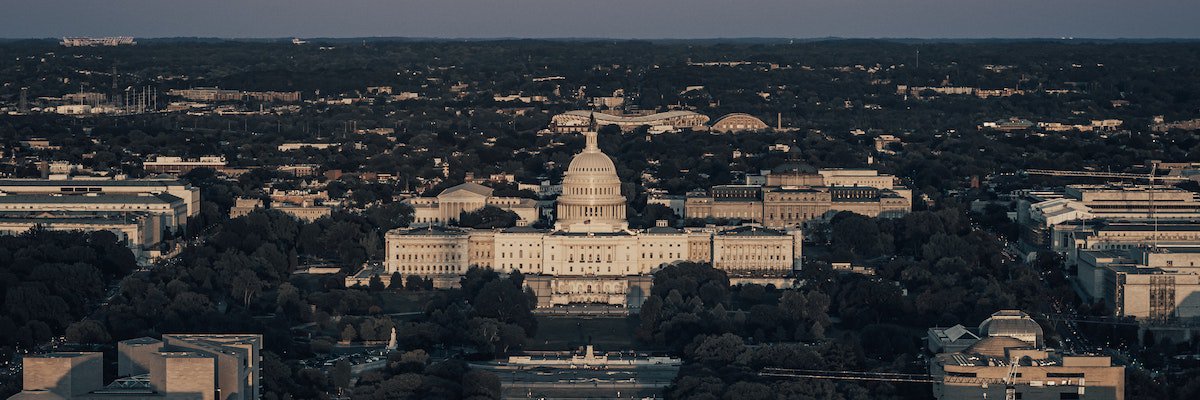Sitting on the shores of Lake Michigan, Racine, Wisconsin lays claim to inventing the hairdryer and garbage disposal. With Milwaukee to its north and Chicago to its south, the town is tapping into that legacy as the first municipality with fewer than 100,000 residents to be chosen for the Smart Cities Readiness Challenge.
Officials there are hoping the award from the Smart Cities Council will position the town as “a post-industrial city … ready for a comeback.”
While Racine’s corporate partner on the project — Foxconn — has had a rocky launch of its local investments, plans are moving forward to integrate emergency systems with 3D maps of local businesses and thermal cameras as well as provide broad public 5G cellular access.
The city is also staying flexible with those plans as it builds out.
“One of the things that we’ve definitely learned is not to follow the shiny object,” said William Martin, the city’s chief innovation officer. “Often technology is being discussed for technology’s sake. We are very much in the mode of ensuring if we are discussing a technology, it really needs to be informed by, what problem are we trying to solve, first.”
While the Smart City award, announced this past spring, doesn’t include funding, it does provide cities with technical assistance and facilitates relationships with other cities and businesses. Partially sponsored by companies like Hitachi and AT&T, the Smart Cities Council creates resources and other support for municipalities undertaking or considering “smart city” projects. The designation as an awardee can help a city like Racine more appealing to private businesses or funders, helping their efforts to finance some initiatives.
Martin said those relationships with the Smart Cities Council and other communities within its network, including 2018 winner Aurora, Illinois, have been useful in refining the city’s thinking — and watching out for potential traps. Aurora is one of the few other cities whose population revolves near the 100,000-person mark, on the smaller end of selected winners.
“Any number of companies may offer to do something on a more exclusive basis, but because others have gone ahead of us, these are the kind of lessons that we are getting the chance to learn, making sure we don’t become captive to any one vendor in any one discipline,” Martin said.
Focusing on security and infrastructure
The town’s Readiness Challenge application, which was submitted in February 2019 and chosen as a finalist the following month, focuses on the implementation of a more widespread 5G network and an emphasis on the city’s Putting Public Safety First project.
Racine once had among the highest crime rates in the state, though the city now enjoys the lowest in the city’s recorded history. Its proposed plan included a few unique elements in the practice of crime prevention: three-dimensional layouts of private buildings and facilities, thermal cameras along the waterfront, and the use of autonomous, camera-wielding vehicles (something of the “robocop” variety) to “conduct random public safety tours.”
Martin anticipates the building schematics, particularly for the area’s commercial business campuses, will be integrated into emergency operations within the next year.
Beyond law enforcement, Racine recently won a grant from Wisconsin to audit its building and vehicular energy usage and is having conversations with internet providers to consider increased internet access to low- and moderate-income families.
In applying for the awards, cities are encouraged to choose corporate partners. Racine chose Foxconn. In 2017, the international technology company announced it would be building a television manufacturing plant in Wisconsin, in exchange for up to $3 billion in state tax subsidies. The promised jobs have been slow to materialize and the company has been caught in a political crossfire.
Despite the PR setbacks, Foxconn did purchase two buildings in downtown Racine earlier this year, one that will be used as the city’s innovation center. Martin said the partnership is worthwhile, though currently less active due to the company’s focus on constructing in its manufacturing campus.
The city will be having a series of public talks in September to elaborate on its initiatives, which will depend on relationships with private-public partnerships.
As part of the Algorithmic Control Project, MuckRock has been gathering the applications and materials cities have submitted to the Smart Cities Council, which annually provides support, networking, and resources to municipalities wanting to integrate more “smart” technologies into their operations.

Algorithmic Control by MuckRock Foundation is licensed under a Creative Commons Attribution 4.0 International License.
Image by Richie Diesterheft via Wikimedia Commons and is licensed under CC BY 2.0




